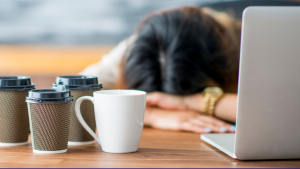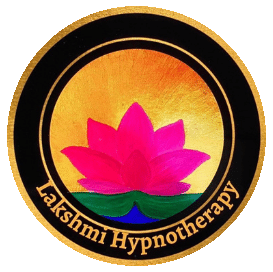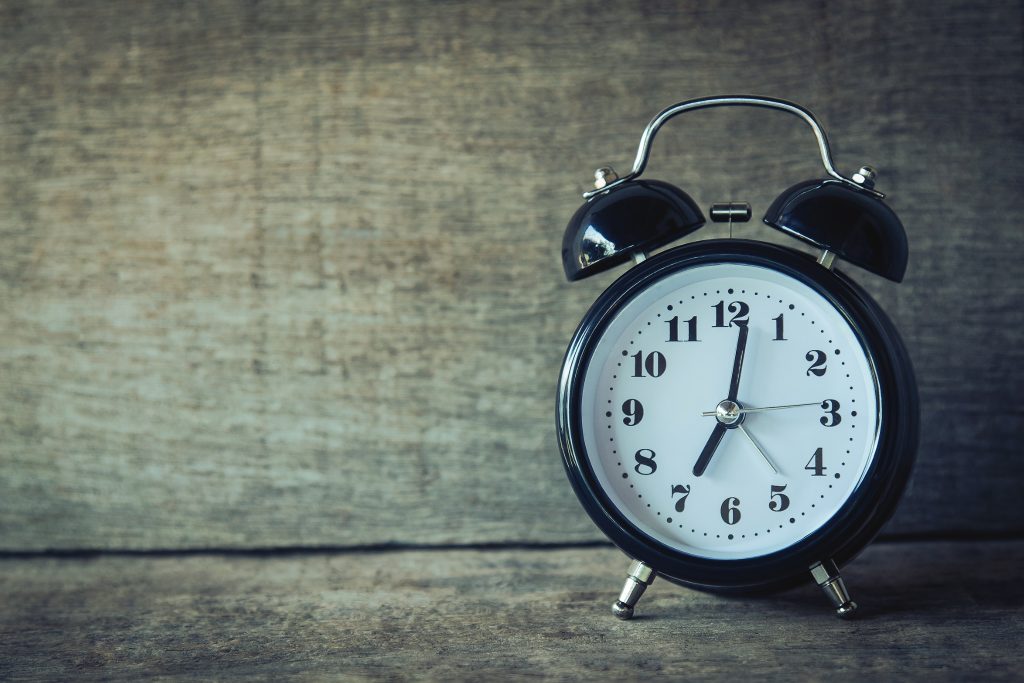Have you been lying awake for hours thinking of the day’s events etc and ‘counting sheep’ in order to get to sleep?
Waking up in the very early hours with broken sleep, checking the alarm clock, and calculating how many hours are left before you have to get up for work?
Or when the alarm clock rings, are you hitting the snooze button repeatedly because you just are not ready to get out of bed?
You may be working long hours in your busy job, studying for exams and staying up late, or perhaps you have a new born in your life and you are adapting with new sleep patterns.
Does any of this sound familiar to you?
It’s little wonder you wake up feeling exhausted and perhaps craving caffeine to give you a boost to start your day.
In the UK as many as 16 million adults suffer from sleeplessness, with 31% saying they suffer with insomnia and 67% suffering from disrupted sleep and 23% managing no more than 5 hours sleep per night. 27.5% of women and 18.5% men have trouble falling asleep every night (Aviva 2017, NHS 2019). Monthly NHS prescriptions for Melatonin rose by 148% from June to May 2019, increasing the cost to the NHS by £2.6 million In June of the same year, the NHS the prescriptions for Zopiclone also rose significantly.
These figures are estimated to be higher due to the global effects of the pandemic.
How sleep can affect us
A lack of sleep results in starting your day at a major disadvantage, and a repeated pattern can be destructive and harmful to health. In the short term this can lead to:
- chronic tiredness
- irritability
- affected relationships
- decreased productivity
- lowered immunity
- increased chance of heart disease, diabetes, stroke
There are many other resulting problems. In the long-term this may result in a shortened lifespan.
The benefits of sleep
Refreshing sleep is one of life’s necessities for us to function well. Sleep allows our body and mind to effectively rest, repair and recharge.
- improved concentration when awake
- Improved productivity
- improved mood
- better relationships with others
- help in maintenance of weight
- improved heart health
- stronger immunity levels
- reduced stress levels
- improved processing of information and memory creation
- better mental and emotional well-being

Hypnotherapy is a very effective method of restoring healthy levels and improving the quality of sleep, in a short space of time.
If you are struggling getting enough good quality sleep, book today for your free initial consultation.
We are ready to help you.
You deserve to sleep well.
Contact us today via the online form today and request your copy of our free quick guide on 12 Tips For Better Sleep.


